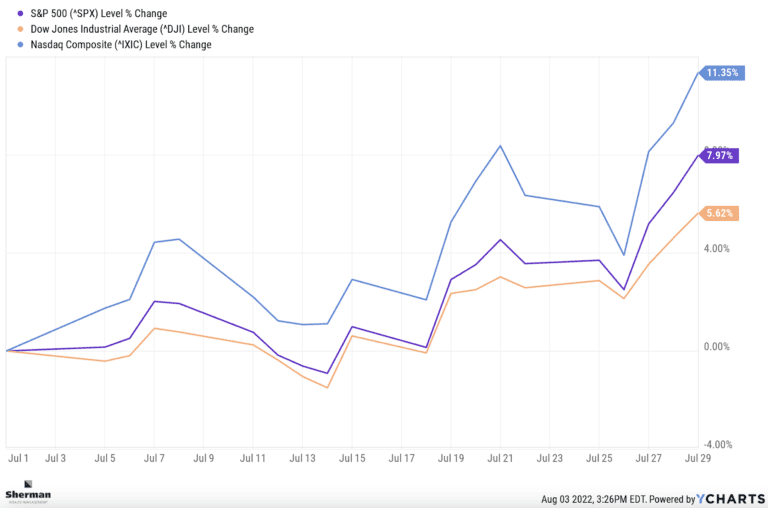Ep. 103 Launch Financial-Biden’s Federal Student Loan Repayment Plan & The Fed Meeting
Overview: Join us on this week’s episode of Launch Financial as we discuss questions you may be having on Biden’s federal student loan repayment announcement last week and the Federal Reserve minutes on interest rates. Show Notes: Check out this episode!





